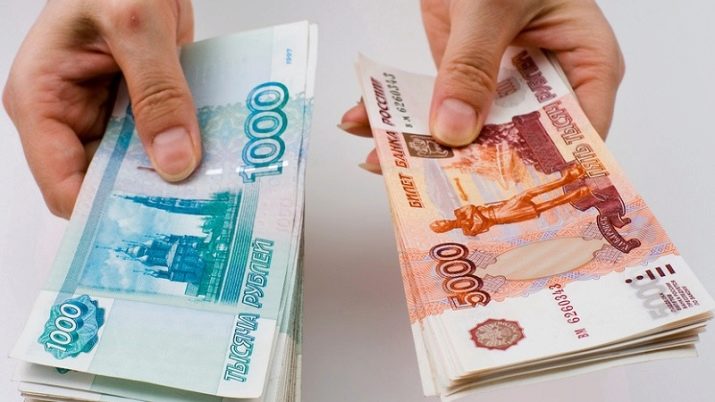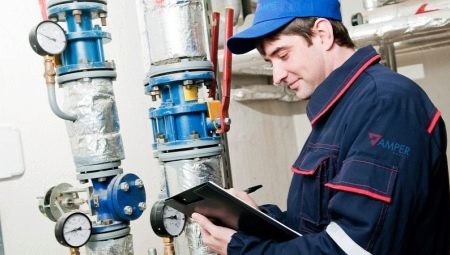The times when the only source of heating in the house was a stove were long gone. Nowadays, a temperature that is comfortable for a person in residential, office and industrial premises is ensured thanks to the functioning of thermal stations and the coordinated work of specialists in the field of heat engineering, led by an engineer. In our review, we will talk in detail about this specialty, dwell on the main labor duties and requirements for candidates.
Features
A heating engineer is indispensable in the construction of buildings and structures of all types and purposes. It is this specialist who is responsible for ensuring the heat and fuel supply of the premises. The comfort of staying in a building and the safety of operating systems depend to a large extent on his competence. Since it is the heat engineer who provides the conditions necessary to maintain a comfortable life, the most serious requirements are placed on his professional qualities, which automatically make this position inaccessible to many categories of people.
In some companies, it can additionally perform the functions of developing sewage systems, as well as air conditioning. Depending on where the heat supply specialist will be employed, he may be engaged in scientific and technological research and designing or directly installing, commissioning, as well as operating and repairing engineering installations.
In most cases, the heating engineer occupies a leadership position and has a team of 2-3 to ten employees subordinate to it - this depends on the size of the company in which he works.
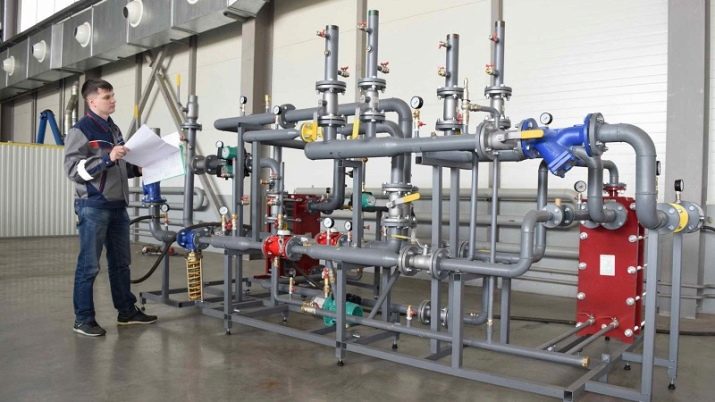
Responsibilities
In accordance with ETKS, establishing a professional standard of specialty, The job descriptions of a heating engineer include the following duties:
- design of external and internal sanitary systems;
- assembly, installation, maintenance and, if necessary, repair of existing thermal machines and thermal equipment;
- drawing up technical specifications and plans for equipment repair, if necessary - reconstruction of thermal systems at the enterprise;
- the introduction of advanced technological solutions in terms of thermal equipment in production, as well as the calculation of their economic efficiency;
- maintaining equipment in good condition;
- control over the correct operation of thermal systems by employees of the enterprise;
- collection of data received from metering devices, their systematization and analysis;
- carrying out research activities in the field of thermal energy and thermal processes.
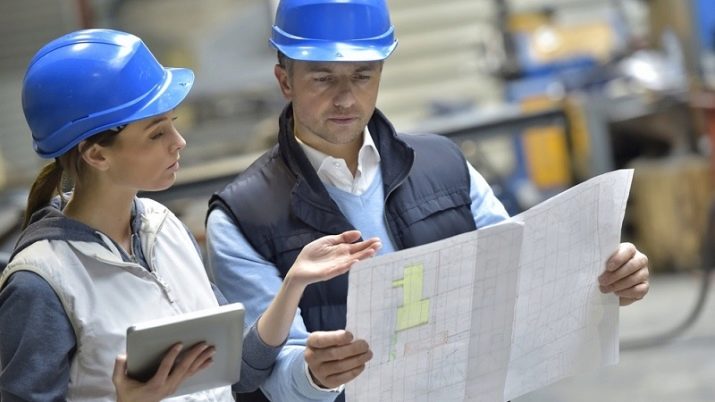
Knowledge and skills
For a heating engineer, the following knowledge and skills are fundamental:
- ability to work with software in order to design thermal systems and analyze their effectiveness;
- the ability to develop a plan for indoor heating;
- ability to make functional diagrams of equipment strapping;
- knowledge of current regulations in the field of safety of production processes;
- knowledge of regulations, orders, as well as guidelines that control the heat and power sector in the workplace.
The work of an engineer engaged in heat power engineering, first of all, requires increased responsibility - all work, one way or another, related to the introduction, commissioning and operation of thermal equipment, must be performed on time and in the highest quality. To carry out their duties, such personal characteristics should help specialists:
- purposefulness;
- active life position;
- working capacity and hard work;
- analytical skills;
- technical mindset;
- attention to details;
- good memory.
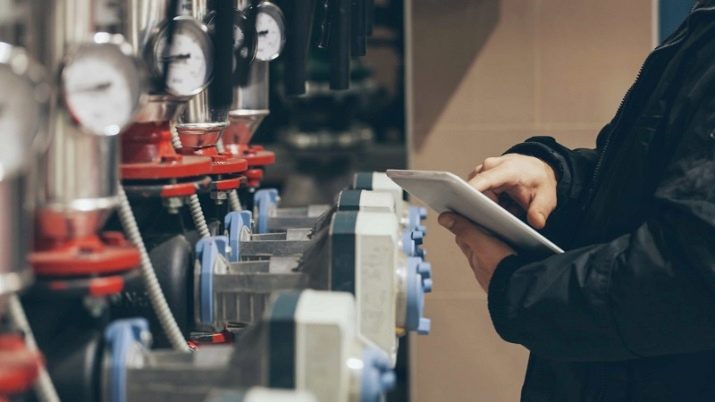
In order to manage the team of heat engineering specialists who are subordinate to the engineer as efficiently as possible, he must possess all the qualities necessary for the manager, and it is important that he can work both as part of the labor collective and independently. A fundamental role is played by physical endurance. The fact is that the maintenance of thermal systems, their installation require a great effort from the heating engineer - for a weakened person this can be a significant problem.
Since the heat engineering power equipment is constantly being improved today, then for engineers in this field, in principle, the desire for continuous self-training and professional self-education, interest in scientific achievements will also be useful.
This specialist should know the best practices of Russian and foreign companies in the field of heat engineering and heat equipment. Only in this case he will be able to keep up to date and at the same time remain a highly qualified specialist.
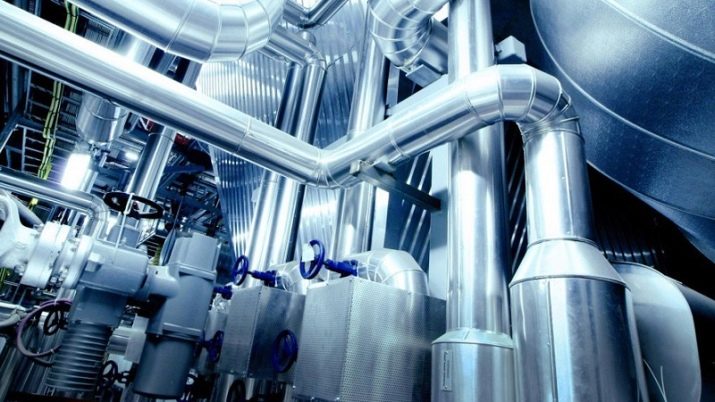
Education
People with higher technical, higher specialized education in the relevant qualifications related to energy and thermal equipment, the creation of utilities at construction and production facilities are taking the position of heat engineer. You can take the necessary training in any technical universities of the country, as a rule, they all have the faculty of "Heat and Power Engineering". At least once every 5 years, a heating engineer must take advanced training courses, where he is introduced to new technologies and current problems of industrial safety when introducing heating systems in buildings and structures.
Where to work?
A heating engineer is required at any production and construction facilities, where he performs tasks related to the design, implementation, as well as the launch and operation of heating plants. To ensure that the specialist’s activity is as efficient as possible, he is given subordination to employees from various fields - machine drivers, mechanics, and electricians. The duties of an engineer include interaction with personnel and effective management of labor resources - this is important in cases when it comes to working with basic technological equipment.
The engineer-heating engineer has the greatest demand at the following facilities:
- private heating companies;
- drying and ventilation workshops at manufacturing firms;
- construction companies;
- municipal thermal power plants.
For highly qualified heating specialists, working conditions are created in accordance with which a separate workplace is provided. The average wage in the country varies from 20 to 80 thousand rubles. The profession of a heating engineer has quite good prospects due to the fact that every year in Russia a huge number of buildings, premises and structures are built or reconstructed. The work of heat engineering is quite in demand in the modern labor market, most often a specialist with extensive experience and high qualifications has a high salary.
At the same time, the employee can be in the state of the enterprise as a separate official unit, and can earn money independently, doing private orders.
